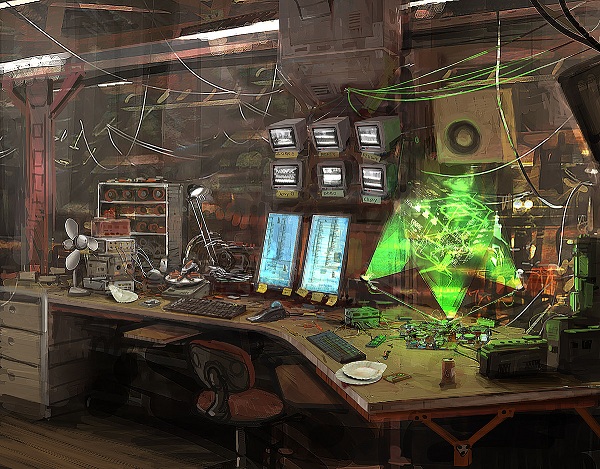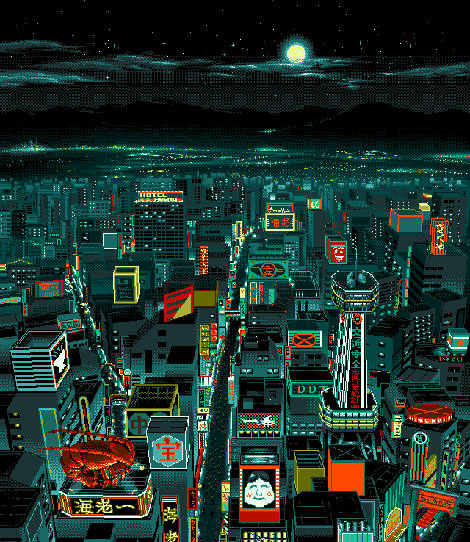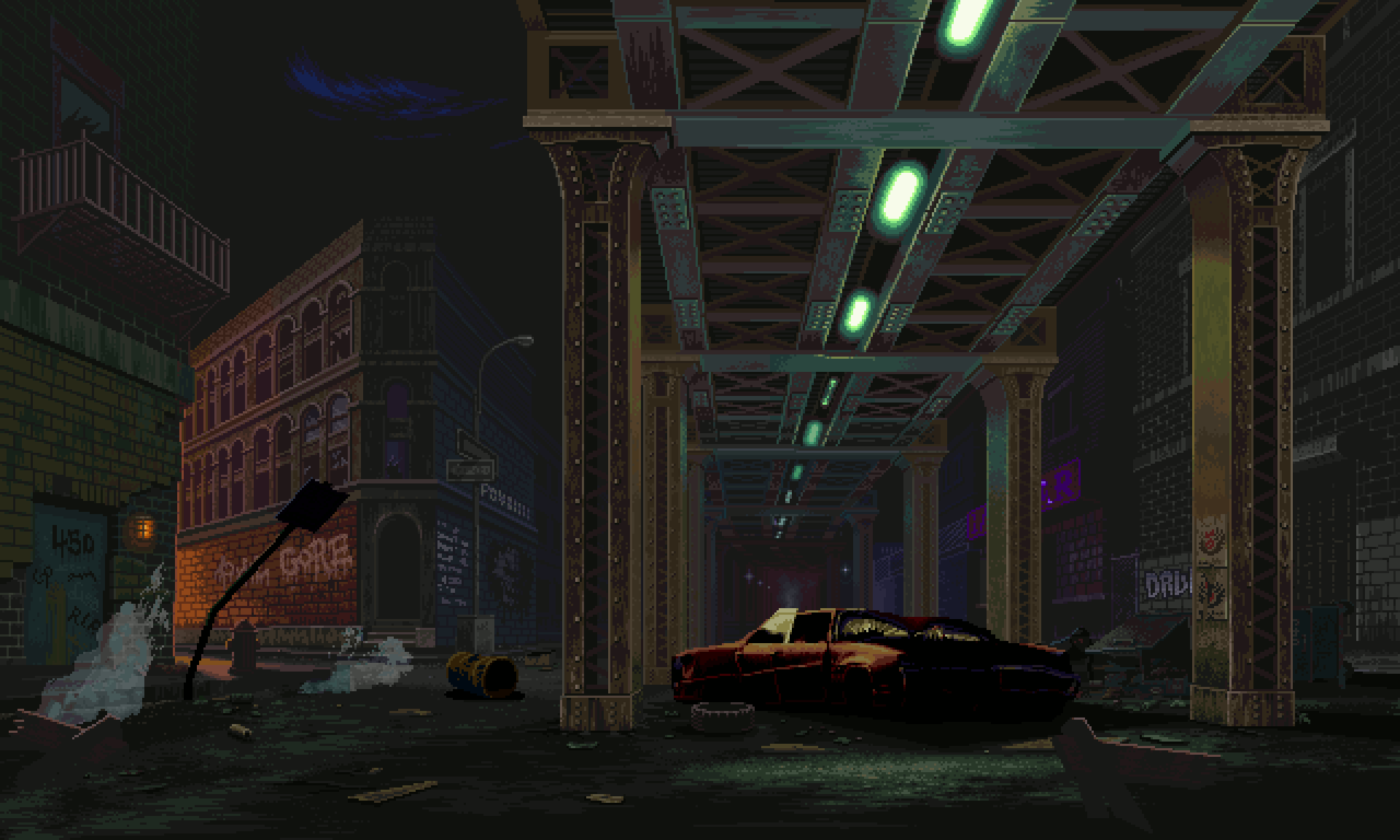


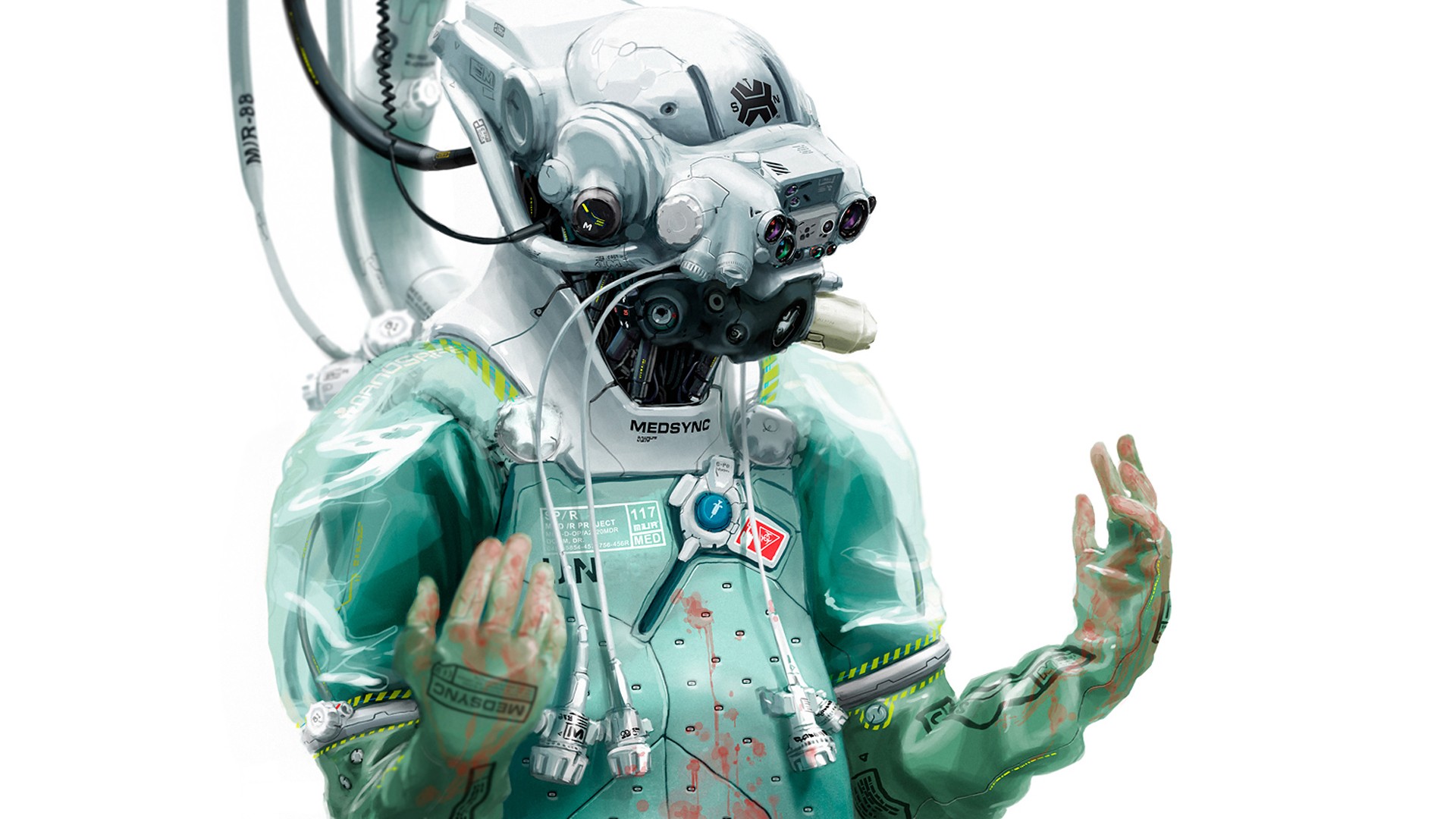 Cyberpunk is a subgenre of science fiction in a future setting, noted
for its focus on "high tech and low life". It features advanced science,
such as information technology and cybernetics, coupled with a degree of
breakdown or radical change in the social order.
Cyberpunk plots often center on a conflict among artificial intelligences,
and megacorporations, and tend to be set in a future Earth, rather than the
far-future settings or galactic vistas found in novels such as Isaac Asimov's
Foundation or Frank Herbert's Dune. The settings are usually post-industrial
dystopias but tend to be marked by extraordinary cultural ferment and the use of
technology in ways never anticipated by its creators ("the street finds its own
Cyberpunk is a subgenre of science fiction in a future setting, noted
for its focus on "high tech and low life". It features advanced science,
such as information technology and cybernetics, coupled with a degree of
breakdown or radical change in the social order.
Cyberpunk plots often center on a conflict among artificial intelligences,
and megacorporations, and tend to be set in a future Earth, rather than the
far-future settings or galactic vistas found in novels such as Isaac Asimov's
Foundation or Frank Herbert's Dune. The settings are usually post-industrial
dystopias but tend to be marked by extraordinary cultural ferment and the use of
technology in ways never anticipated by its creators ("the street finds its own
uses
for things").
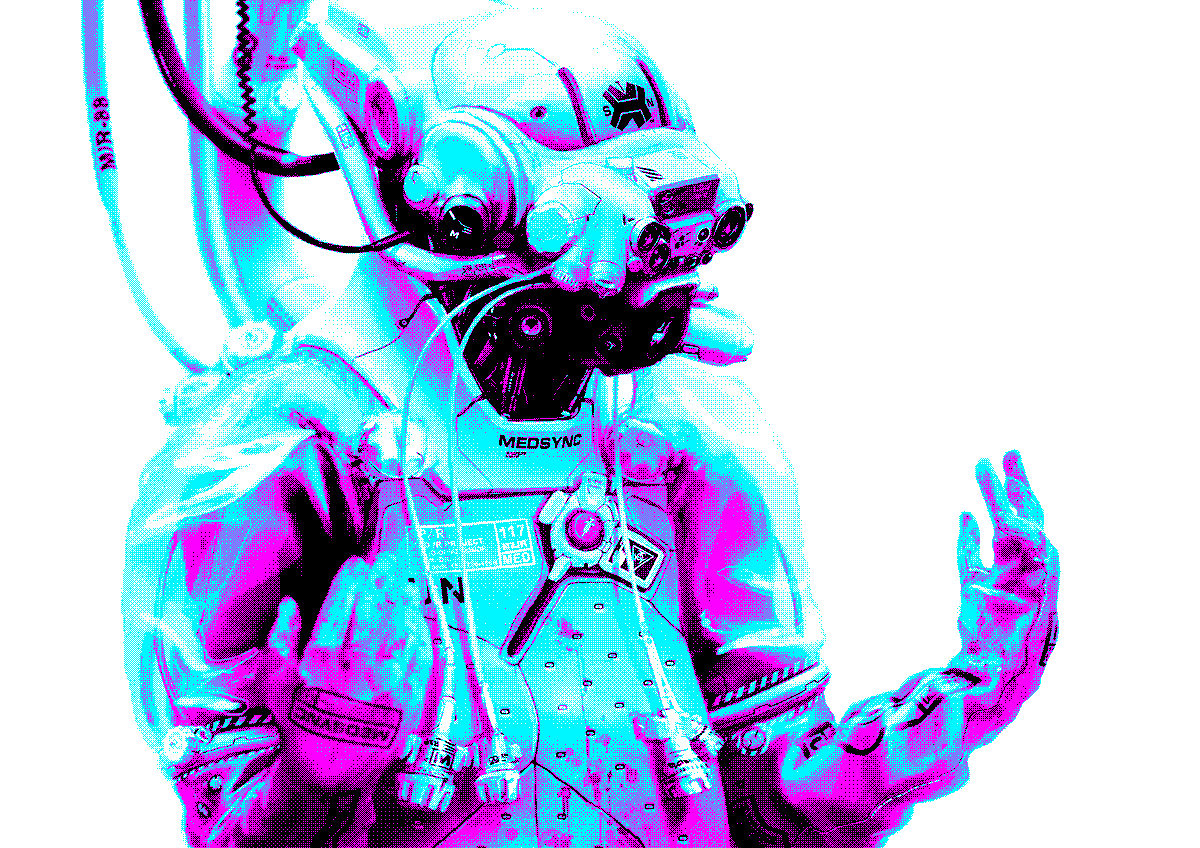 William Ford Gibson is an American-Canadian
speculative fiction novelist and essayist who has been called the
"noir prophet" of the cyberpunk subgenre. Gibson coined the term
"cyberspace" in his short story "Burning Chrome" and later
popularized the concept in his debut novel, Neuromancer.
In envisaging cyberspace, Gibson created an iconography for the
information age before the ubiquity of the Internet in the 1990s.
He is also credited with predicting the rise of reality television
and with establishing the conceptual foundations for the rapid growth
of virtual environments such as video games and the World Wide Web.
Neuromancer tells the story of a washed-up computer hacker hired by a
mysterious employer to pull off the ultimate hack.
William Ford Gibson is an American-Canadian
speculative fiction novelist and essayist who has been called the
"noir prophet" of the cyberpunk subgenre. Gibson coined the term
"cyberspace" in his short story "Burning Chrome" and later
popularized the concept in his debut novel, Neuromancer.
In envisaging cyberspace, Gibson created an iconography for the
information age before the ubiquity of the Internet in the 1990s.
He is also credited with predicting the rise of reality television
and with establishing the conceptual foundations for the rapid growth
of virtual environments such as video games and the World Wide Web.
Neuromancer tells the story of a washed-up computer hacker hired by a
mysterious employer to pull off the ultimate hack.
